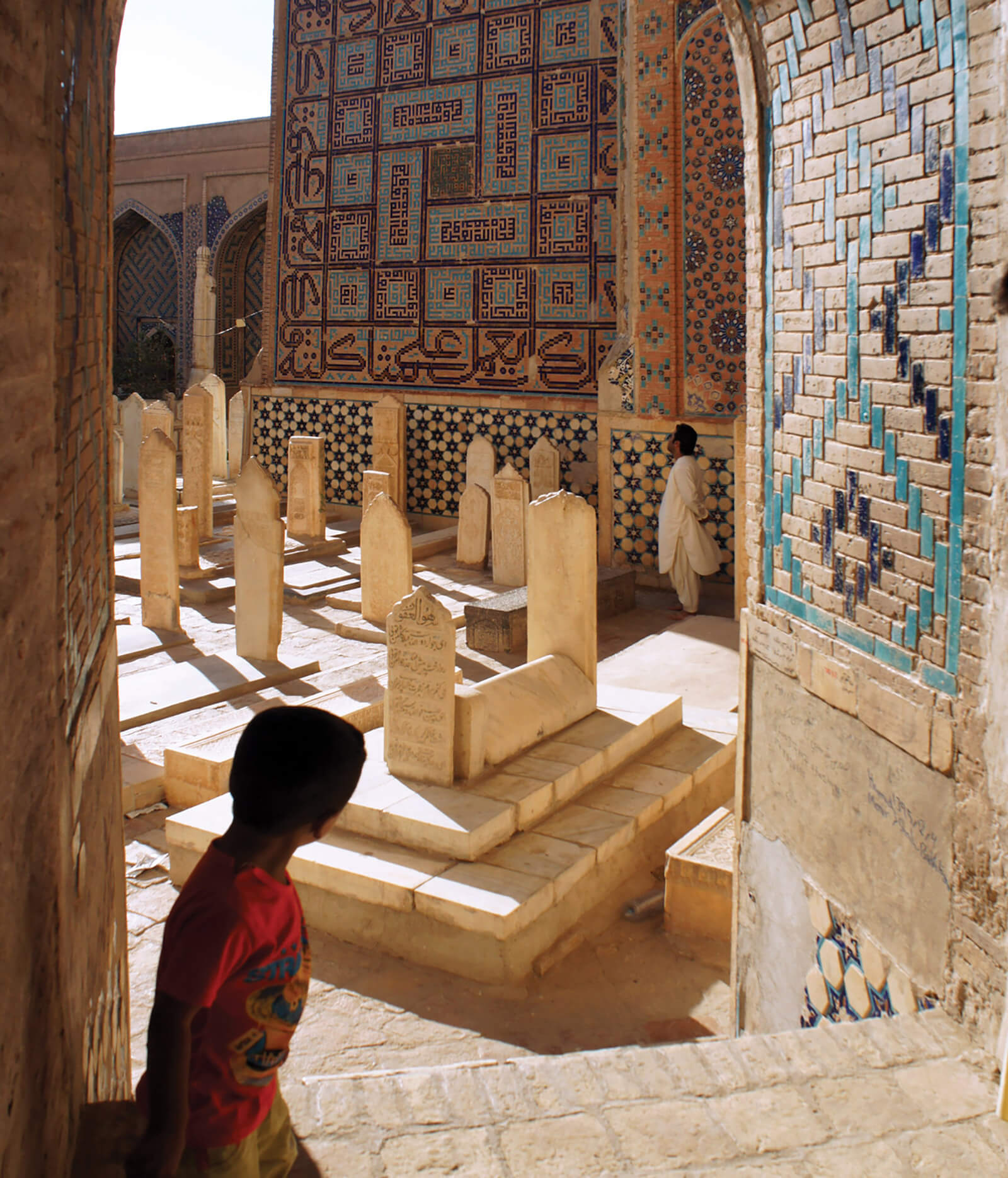Divine Whispers
Dreaming on the Sufi path in Afghanistan
Annika Schmeding
I was in the office of a former Taliban deputy minister when it dawned on me that officials of the old regime shared religious experiences with their purported antagonists, mystic Sufis. Maulvi Qalamuddin—who had helped run the Department for the Promotion of Virtue and the Elimination of Vice, the Taliban government’s feared virtue police—spoke serenely about how he had used istikhara, a form of dream divination, as a device to make professional decisions. One time he cancelled a meeting in Kazakhstan that he was set to fly to and met his contact instead in India—all due to a dream. He didn’t talk about dreams in any public setting, but, like his Sufi counterparts, he believed that dreams had something to say about our waking lives and that we should listen to them. Like any fortuitous accident, this unexpected moment in the former Taliban official’s office made me realize that dreams had woven themselves into my research in Afghanistan in manifold ways. But it took the humility of hindsight to understand that for various Muslims who take guidance from dreams, doing so is more than just a rhetorical exercise.[1] Dreams are a connective tissue with the divine that can relay practical direction and instruction for the dreamer’s waking life.
• • •

Dreams had surfaced in multiple forms during my time in Afghanistan, but for a long while, I had neglected to pay them any sustained attention. An attendant at a Sufi poetry gathering in the western city of Herat told me that one man in the group had dreamt three years earlier that I would come, and that this dream meant I was on the right path with my research. I took this for a polite, if unexpected, expression of welcome. Growing up in Germany, my understanding of the dream world had been influenced by psychological theories associated with Freudian, Jungian, and Gestalt therapy approaches; in all of these, dreams form an opening into the innermost self.[2] Both for me, an agnostic Western anthropologist, and for many of the young, urban Afghans I interacted with, psychologizing dreams by interpreting them as the workings of the unconscious was the norm. Dreams were akin to symbolic manifestations of desires, fears, plans, or ideas, rather than actual experiences or divine visions.
This understanding of dreams was so ingrained in me that initially I could not see other notions at play. When I asked a young woman in her early twenties at a shrine in Kabul why she had decided to come regularly to that place, she told me she had seen it in a dream and then knew she had to come. My psychologically oriented perspective naturally led me to imagine that she came to the shrine to seek guidance about personal desires or needs revealed to her through her nightly visions. Having grown up in a society where dreams are seen as a projection of our innermost psyches onto the contours of our sleeping minds, I failed to take people such as the young woman seriously in terms of how they themselves saw and experienced their (dream) world. Through my contact with different varieties of Muslim dream experiences, however, I realized that seeing dreams as mere psychological or rhetorical claims failed to grasp the worldview behind the experiences I was hearing.[3] In the context of Afghan believers, dreams are considered socially effective and religiously sanctioned. They are not mere whispers of the unconscious mind; they are whispers of the divine. The dream world is a place where the worldly and the spiritual intermingle and where true believers can receive religious guidance.